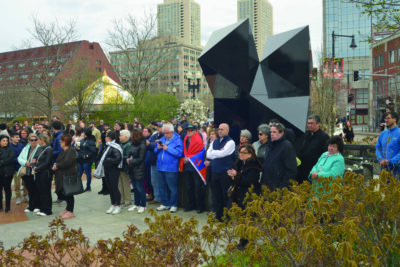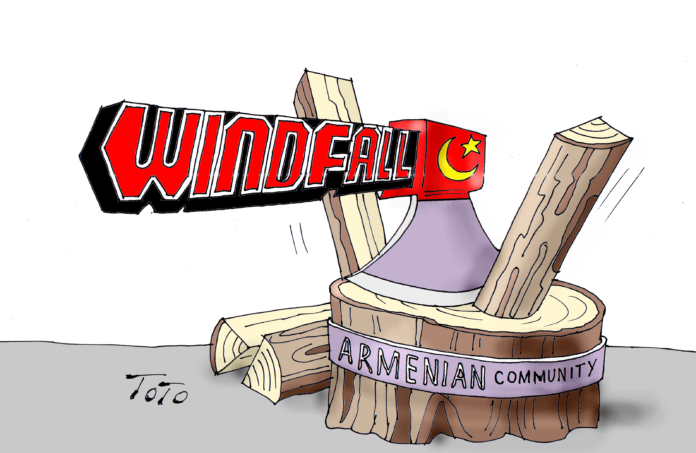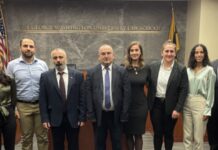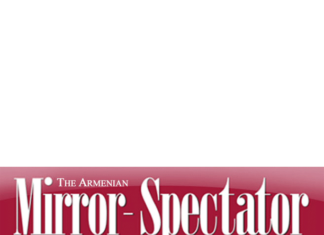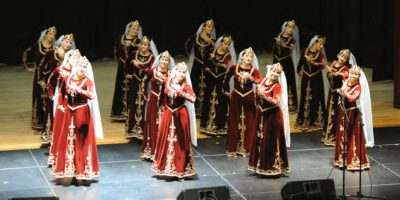If this title looks like an oxymoron, it is. The windfall is compensation from the Turkish government for the confiscation of Armenian church property. The compensation has divided the community vertically yet united them horizontally. The leadership is divided over the procedures which eventually made the compensation possible and about the future use of this newly-acquired wealth.
The compensation has been awarded to the small and decrepit St. Nigoghayos Church in the Beykoz District of Istanbul and its Parish Council has already agreed to form a community fund so that the funds will benefit all the institutions of the Armenian community. Indeed, this is a commendable show of solidarity which is seldom seen in any Armenian community around the world.
In real terms, however, the compensation actually is not so much a windfall as a debt long owed. The Turkish government has destroyed thousands of Armenian churches, schools, hospitals and other institutions throughout historic Armenia. And contrary to the Lausanne Treaty of 1923, which gave birth to the current Republic of Turkey, succeeding administrations have dutifully confiscated the remaining churches, orphanages and cemeteries in and around Istanbul, to squeeze out the wealth of the entire Armenian community.
Actually, the Turkish government has micromanaged the church parish councils and other institutions, making them directly accountable to the state, against the state’s approval of their existence and operation, rather than allowing the churches to be accountable to the Patriarchate. During the reign of the Sultans, the Patriarchate operated as an autonomous head of the Armenian millet.
This treatment by the republic has left the Patriarchate without any legal authority over the community and consequently the churches and community organizations remain subservient to the state by design.
In this historic perspective, the compensation awarded represents an infinitesimal proportion of what remains in government custody.
